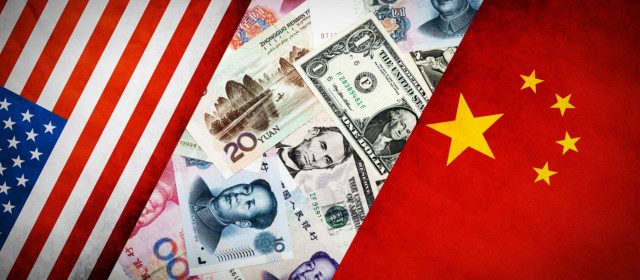
(Photo: CGTN)
In the midst of an escalating trade conflict with the US, a key issue China faces is how to maintain its status as a favored destination for foreign direct investment (FDI).
China has done a good job so far in 2018 in attracting FDI despite the trade conflict. Official data showed newly approved foreign-invested enterprises increased by 102.7 percent year-on-year to 41,331 in the first eight months of this year.
FDI has played an important role in China's economic development. Foreign-invested companies account for a considerable part of China's exports and imports and promote a rational allocation of resources. Further, foreign investment has catalyzed China's reform and opening-up, serving as a force to move the country forward.
There's ample cause to worry that the trade conflict with the US might have a negative impact on China's inward FDI, but that hasn't happened. The growth of foreign-invested enterprises will support the development of the Chinese economy, giving Beijing more leeway to play hardball in the trade conflict with Washington.
As for the US, companies are reining in their plans for capital investment amid the escalating trade dispute. According to data from the Organization for International Investment, FDI in the US registered a declined of $8.2 billion in the second quarter of this year, compared with $63.7 billion in the previous quarter. The decline of FDI is just the beginning of bigger-than-estimated job losses in the US-triggered trade war. It's possible that US President Donald Trump's promise to bring back US manufacturing jobs will turn out to be empty talk.
The better performances of China in terms of FDI inflows add bargaining chips for Beijing in winning the trade conflict. China must continue to open up its economy to attract FDI and create a business environment that provides fair competition between domestic and foreign enterprises. Protection of intellectual property rights (IPR) is strategically crucial for the Chinese economy. China has made a great effort to improve its IPR system and will continue to do so.


